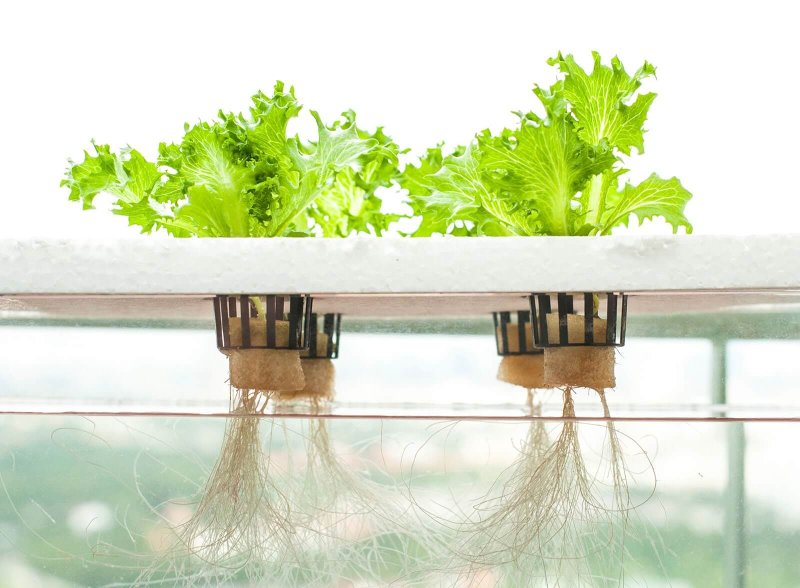Sustainable farming can’t actually be sustainable if farmers can’t make money doing it.
So there’s a certain irony in the organic farmers who, because of the existence of the organic program, make bigger margins on their products, calling out other farmers who meet the standard and want the same certification as greedy.
…
In the case of hydroponics, there’s a pretty good case that using less water, fewer pesticides, and growing more food on less land is in the organic spirit. But, if the standard becomes too elastic, the consumer will lose confidence and will stop being willing to pay the premium. At that point, the program loses its reason for being.
…
If more incentives for sustainable farming techniques—improving soil health, protecting the environment, treating farm workers with dignity, tending to livestock humanely, etc.—can be woven into government policy, everybody wins. Establishing certifications that consumers are willing to pay a premium for is one way to do that.
If this very public fight has an upside, perhaps it’s that organic customers can come to terms with the idea that farmers have to make money.
The GLP aggregated and excerpted this article to reflect the diversity of news, opinion and analysis. Read full, original post: Organic Food Fight!































